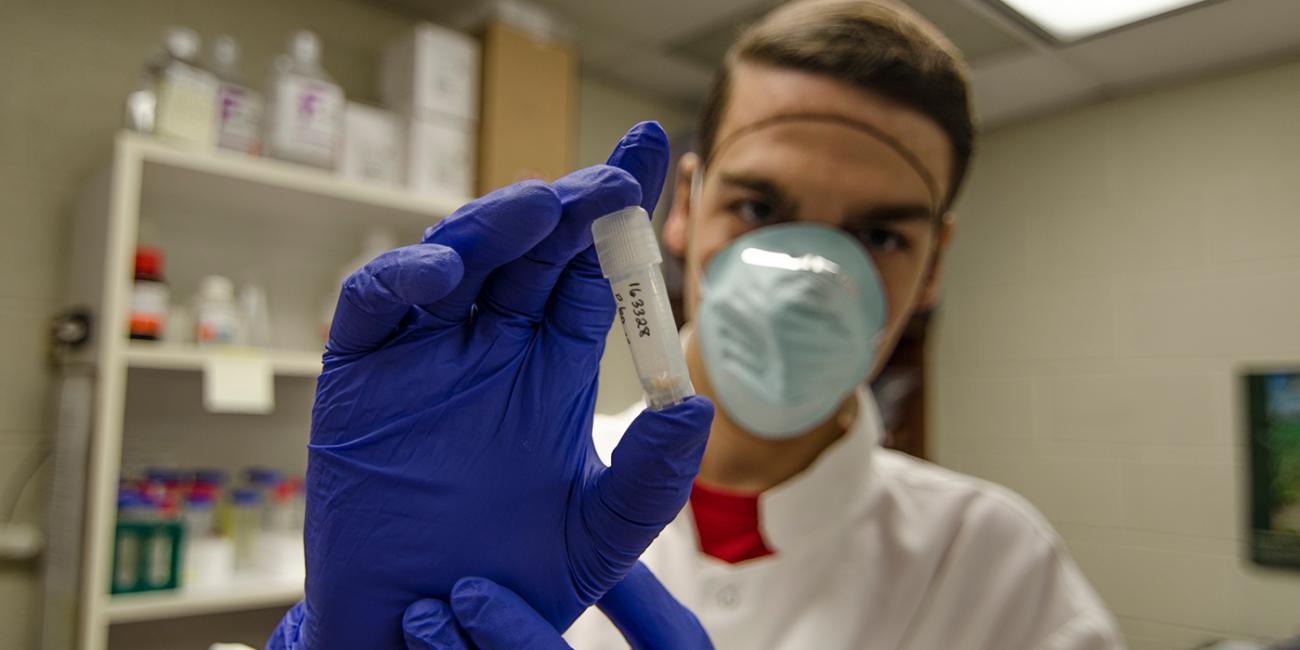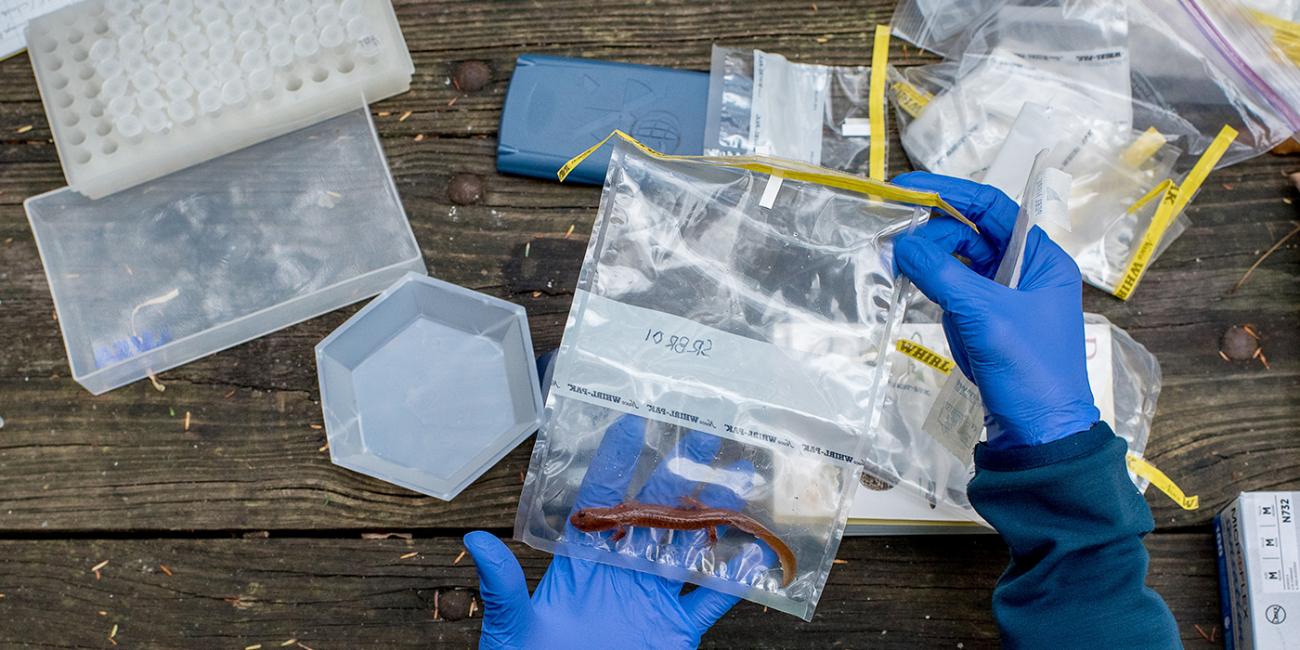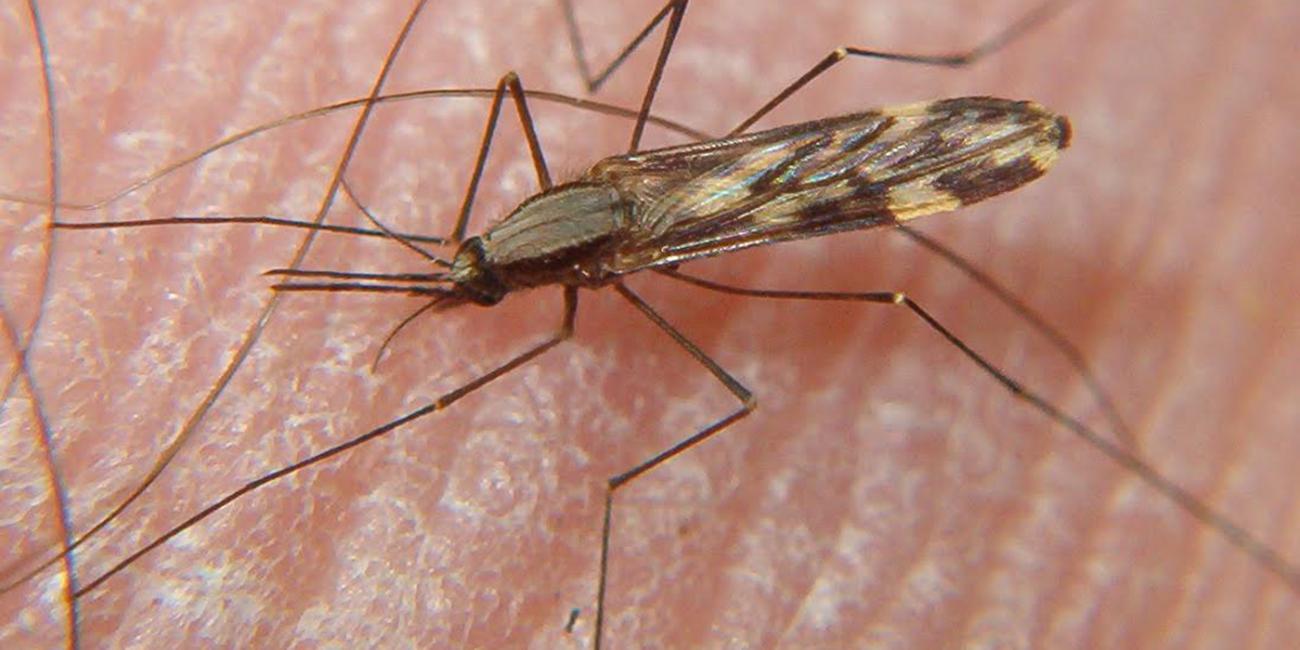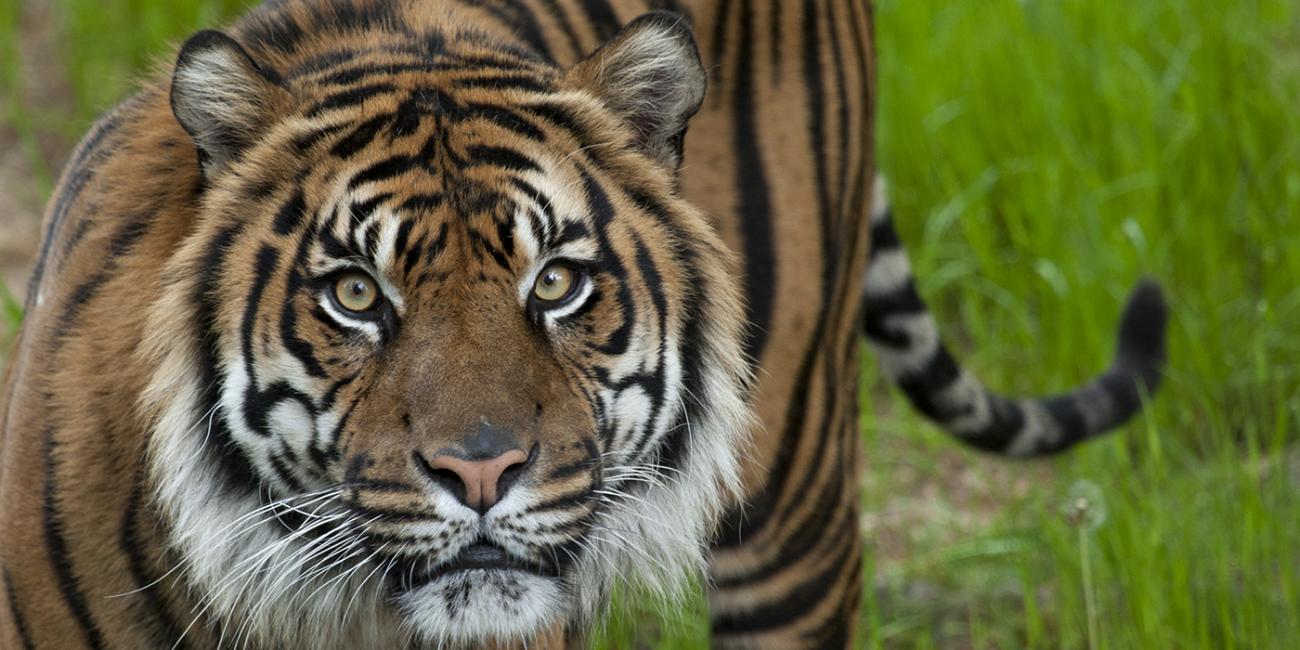Biography
Michael G. Campana specializes in analysis of animal and pathogen genomics using a combination of ancient DNA and computational genomics. At the Smithsonian National Zoo and Conservation Biology Institute's Center for Conservation Genomics (NZCBI), his research focuses on the genomics of lions, elephants, Hawaiian honeycreepers, avian malaria, and canids among others. Another primary research line has been the development of DNA capture assays to analyze variation in animal and pathogen populations over time and space. Campana developed BaitsTools, software for rapidly developing DNA capture assays. The software has now been applied to a variety of research projects including population genomics of Mariana crows, reedwarblers, and canids. The baits developed using the software has facilitated the analysis of DNA from non-ideal sources, such as museum specimens and fecal samples. Campana obtained his Bachelor of Arts from the University of Pennsylvania and his Master of Philosophy and doctorate from the University of Cambridge. He conducted post-doctoral research at Harvard University, the University of Zurich, and NZCBI. During his NZCBI post-doctoral research, Campana worked with Robert Fleischer, Jesús Maldonado and Bill McShea on a variety of post-doctoral research projects, including avian malaria, African wild dog and Hawaiian honeycreeper genomics and tick-borne pathogen detection.




